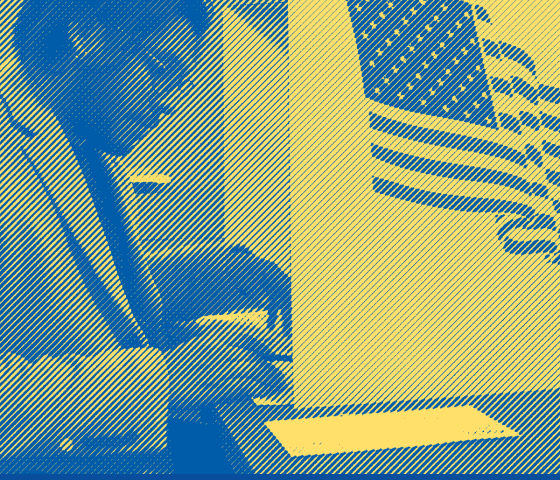If you are concerned about someone harming you or your family, you shouldn't have to think twice about calling police.
But that is the position many Iowans have found themselves in because of so-called nuisance ordinances—a problem in Iowa and across the country. These ordinances attempt to make landlords accountable for criminal activity on their properties. Instead, nuisance ordinances punish victims of domestic abuse, the poor, those with disabilities, and the elderly—all who have higher need for police assistance.
Too many or the wrong type of calls to police and your landlord—or you—could be fined for each call. In some cases, a single call can trigger a property being designated as a "nuisance property."
New Iowa Law in Place
So the ACLU of Iowa applauds Gov. Terry Branstad for signing into law the Right to Assistance bill. This important piece of legislation was a bipartisan effort that will protect people who call the police for emergency assistance from being evicted when they are the victim of a crime.
Charging $94-Plus for Police Calls
In Cedar Rapids, the ordinance has resulted in a fine of $94 per police officer per hour. Too often, landlords tell their tenants to "take care of the problem" or to stop calling police. Or they threaten eviction or simply evict the tenants outright.
The right to make domestic violence calls has been of of particular concern. Domestic violence calls are the single largest category received by police, accounting for 15 to 20 percent nationally. In Cedar Rapids, in a recent three-month period, there were 549 domestic violence calls asking for assistance.
Worsens Homelessness Among Crime Victims
Domestic violence is already the leading cause of homelessness for women. We don't need nuisance ordinances to make the problem even worse.
Nuisance ordinances hurt others as well. For people with disabilities, particularly those with developmental and mental health impairments for whom “disorderly conduct” often characterizes their interactions with law enforcement, nuisance ordinances are punitive and ineffective. Nuisance ordinances also disproportionately hurt those who live in high-crime neighborhoods, including the elderly, the poor, and communities of color.
Broad Support
The Right to Assistance bill was a response to this life-or-death issue. We were grateful that the bill received overwhelming support at the Statehouse. This makes Iowa one of only three states in the country with such clear protections for people who need emergency assistance.
We would like to thank our partners in this collaborative effort. The Iowa Coalition Against Domestic Violence and the Iowa Landlord Association worked tirelessly over a number of years to pass this bill.
We would also like to thank all legislators who, over the past three years, helped to draft and pass these meaningful protections. In particular, State Representatives Chip Baltimore and Zach Nunn managed this bill in the Iowa House, and State Senators Steve Sodders and Rob Hogg had the same roles in the Iowa Senate. As a result, Iowa will be a safer place for people who need emergency assistance.
